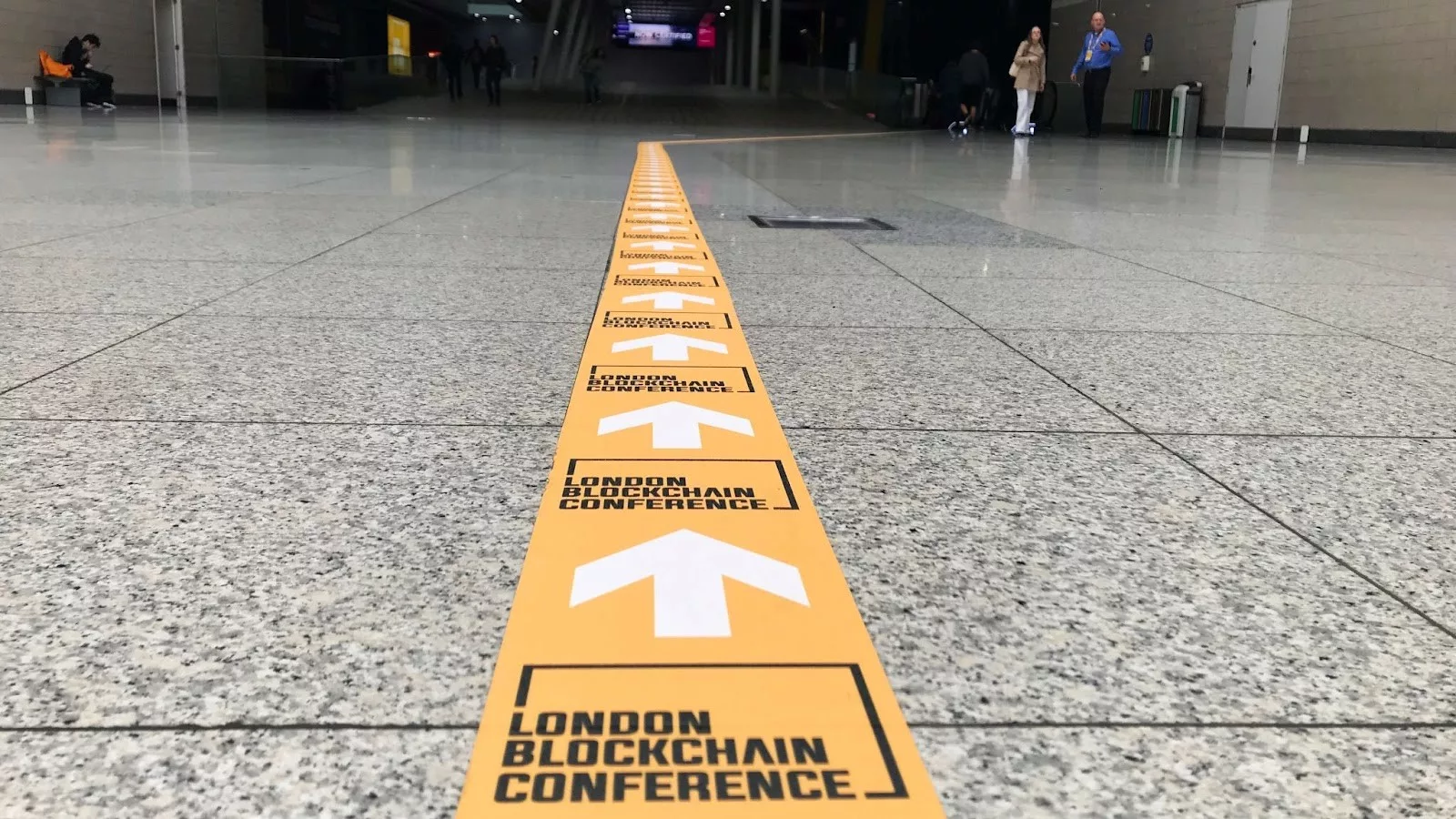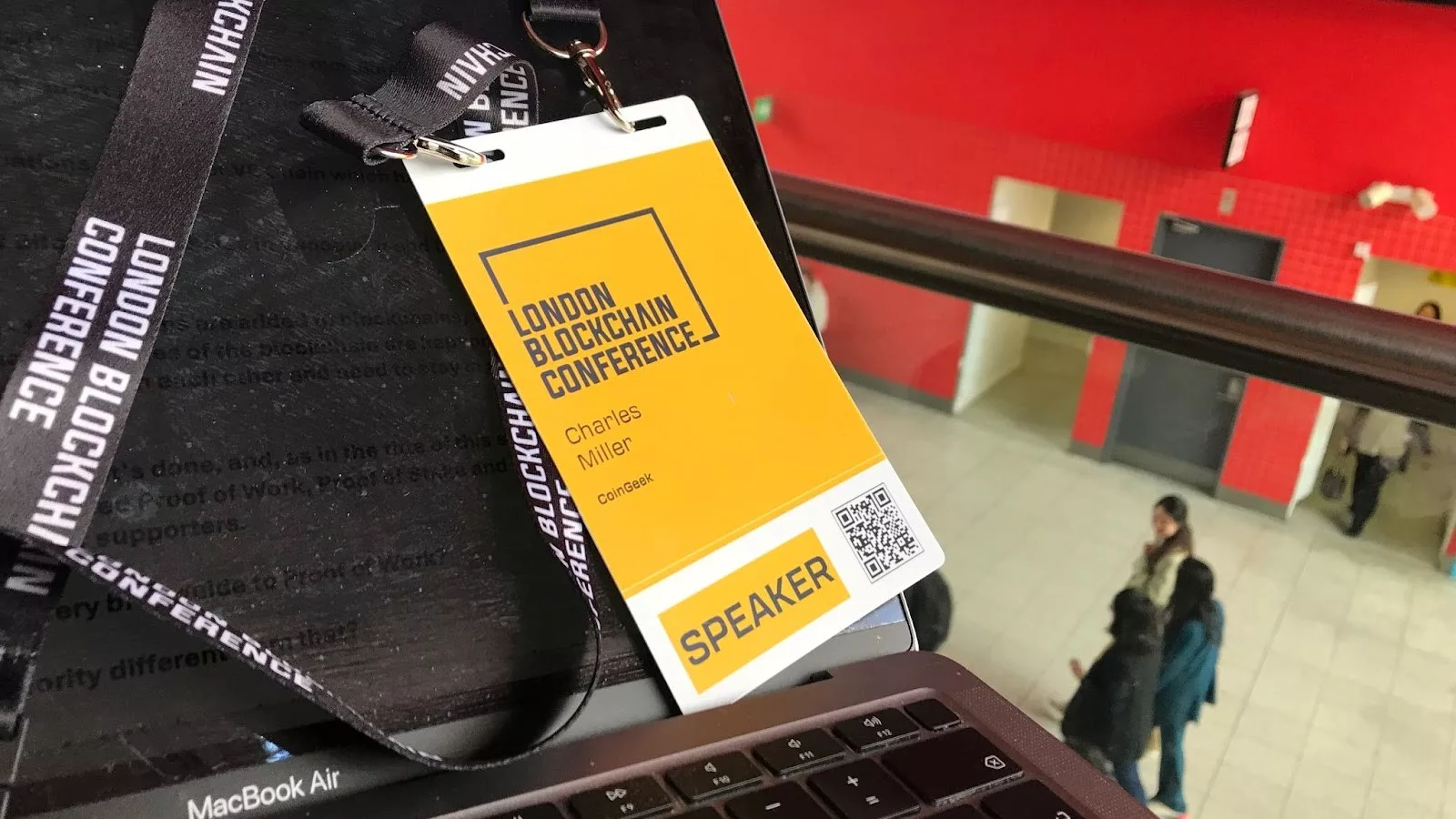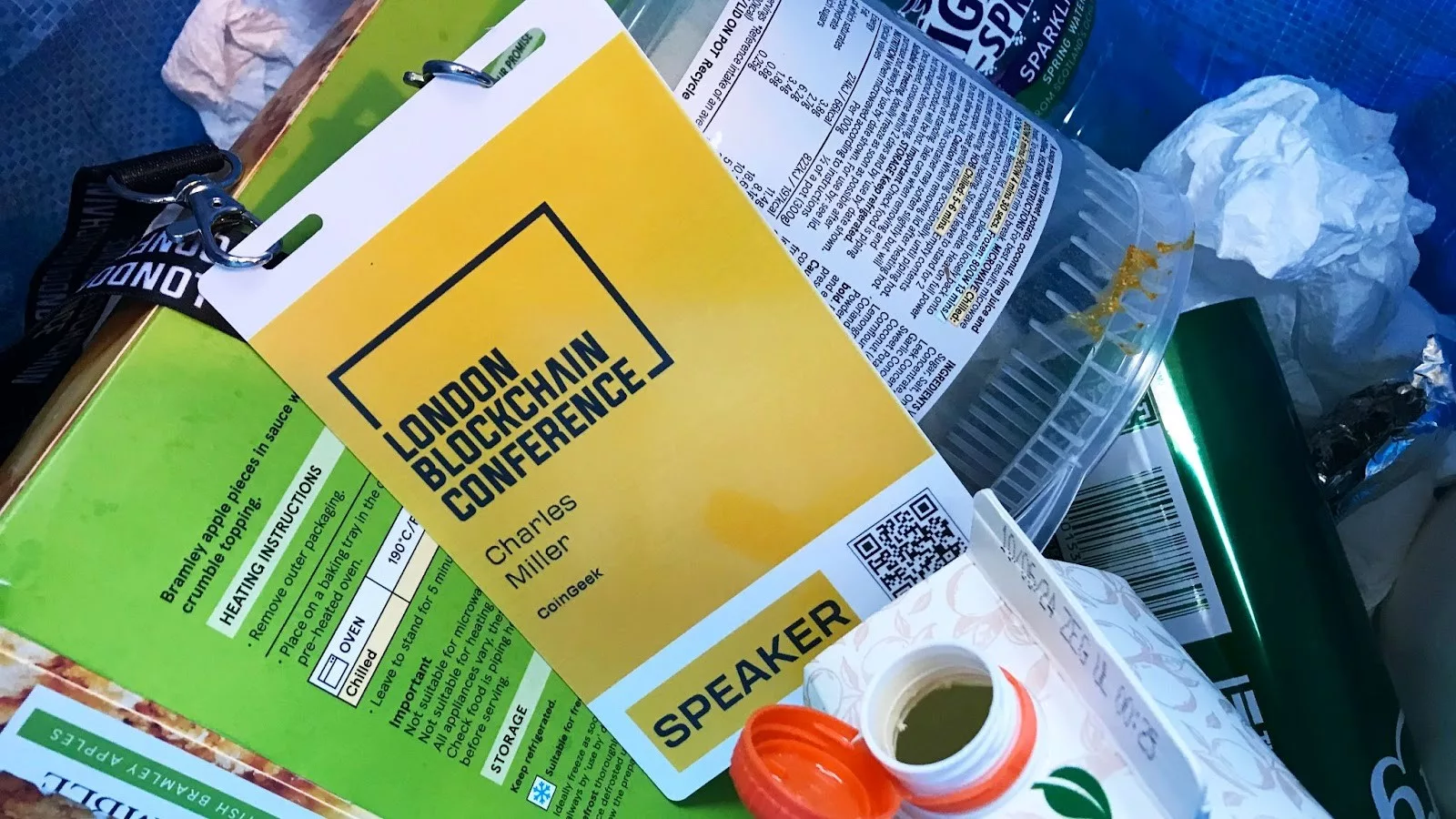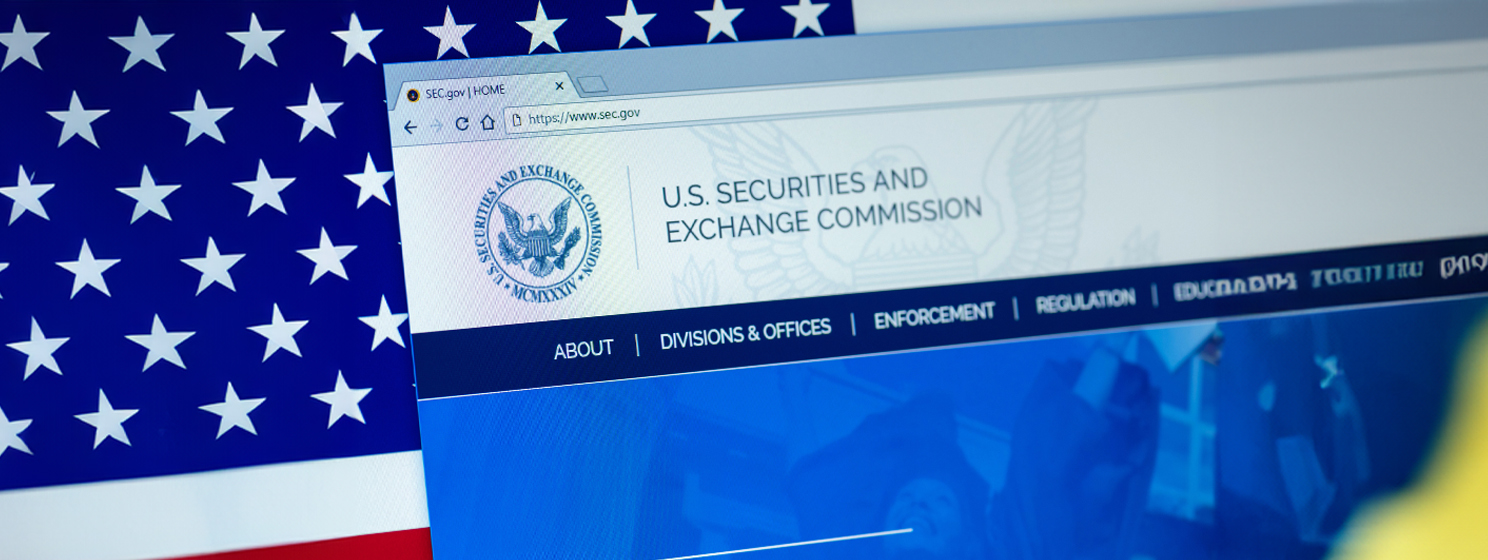
|
Getting your Trinity Audio player ready... |
London’s ExCel is a soulless conference center that is so long that you can take the train from one end and get off at the next station, and you’re still only at the other end of the building.
If you’re there for a blockchain conference, you’ll find yourself mixing with dentists, insurance brokers, and funeral directors, all of whom are having their own conferences at the same time.
But I noticed that underlying glow of contentment, which is a feature of all conferences. Give anyone a plastic lanyard with their name on it, and they’ll be happy.

I was there for the London Blockchain Conference, which occupied one end of the building. I sat with founders, developers and business executives and heard the entrepreneur and BBC ‘Dragon’ Steven Bartlett tell them what business they’re in, although they didn’t realize it. Can you guess?
Recruitment.
Yes, “upstream” in a business, finding the right people is job number one, according to Bartlett.
“The actual game of business is hiring people. You are all recruiting companies,” he told the audience (many of whom may have thought they’d wandered into the wrong conference).
But no, he was serious. He said he spends thirty hours a week on hiring the right people and believes “you can predict the success of a company by the amount of time they spend on hiring.” The subject was touched on more brutally in another panel where the advice was “hire slow and fire fast.”

But what about blockchain? The most inspiring enterprise I came across is called Universal Plastic. Its name conjures up an image of a run-down factory on the outskirts of Chicago in the 1950s, but Universal Plastic is an ingenious, cutting-edge idea, very much of our time.
Instead of manufacturing plastic, it aims to rid the world of plastic waste by using blockchain and employing people who need work.
The company’s CEO, Alvaro Bravo, and Britt Trago, CIO (“Chief Impact Officer”), explained how it works. Money is donated by a business for the collection of plastic waste—and the London Blockchain Conference itself has done this—and Universal Plastic can then fund a campaign to clean plastic from the ocean in a particular place.
Anyone can do the work, and details of the plastic they collect are recorded on the BSV blockchain, with time, place, weight of plastic, and pictures included, and the collectors are paid accordingly. The sponsor can, therefore, verify that the money has been well-used. Universal Plastic itself takes a slice. It is a business, not a charity.
Their app shows various campaigns around the world, with the most successful so far appearing to be the collecting 534 kgs of plastic from around Benguerra Island in Mozambique, with almost 8,000 kgs collected in total in six countries. It’s an exciting idea: big business can ease its conscience; work is provided where it is needed and pollution is reduced.
As I headed home, I wondered if I could have collected the discarded lanyards and got Universal Plastic to pay for my clean-up efforts.

Watch: Day One Summary at the London Blockchain Conference 2024
Day Two Highlights at the London Blockchain Conference 2024
Day Three Highlights at the London Blockchain Conference 2024

 11-21-2024
11-21-2024


